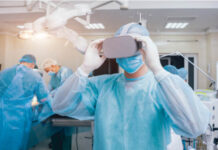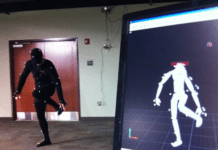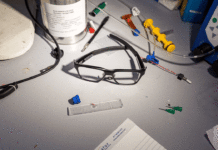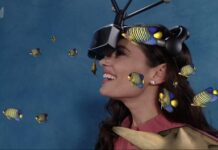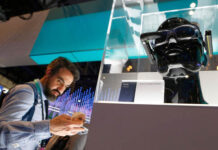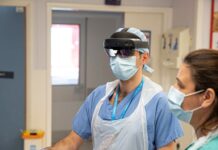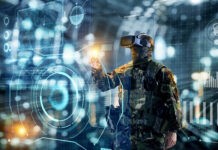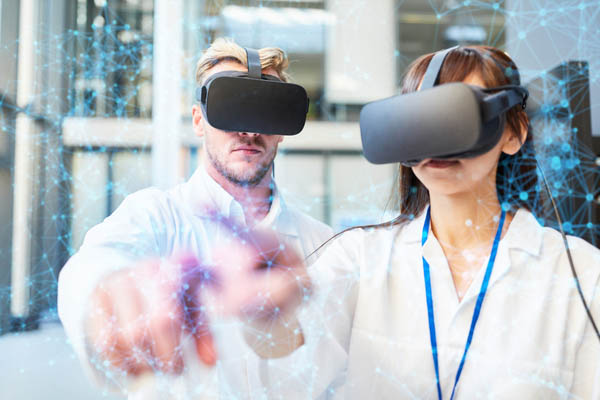
During the coronavirus outbreak, many industries are losing a lot of money. Companies need to close until further notice. It could mean that they can be closed indefinitely. This is what seems to be the case from the outside of the Rabbit Hole VR. No customers are inside the closed doors, walking around in virtual worlds enjoying innovative technologies. No zombies are being killed. No one is having fun. Until you take a look behind the scenes because it is here where computers are doing one of the most important things possible: running simulations to understand and ultimately treat the coronavirus.
Couple Jennifer and Mitchell Poythress found the Rabbit Hole VR in 2016. It is one of more than 30 virtual reality arcades across the globe assisting in the fight against the novel coronavirus. They have always been focused on bringing high-end gaming to the community. They have recently had to cut hours and close their doors to the entertainment industry. They were preparing themselves for loans to prevent a financial disaster. They then learned about a collaborative method on Facebook where many virtual reality arcade owners are using their equipment to become involved in the fight to defeat the current global pandemic. They immediately thought it would be a good way to use high-end computers instead of letting it collect dust.

They discovered Folding@home, a distributed computing project that is run by a total of 14 research labs at institutions like Washington University in St. Louis. It crowdsources computing power to perform the massive calculations required to unlock the secrets of proteins and use them to develop therapies for diseases like cancer and Alzheimer’s. In February the group turned its attention to the coronavirus. They explained that each simulation that is run, is like buying a lottery ticket. The more tickets you have, the better your chances of winning.
Volunteers often sign up as teams. They then download the software to run in the background. As it runs, it uses spare graphics processing power to perform calculations. Team members rank up credits based on the amount of work they do and they are put on a leaderboard. VR arcades are particularly well-suited for the program since they have such powerful equipment on hand. Mitchell mentions that the points on the leaderboard don’t mean that much but it does make for a fun competition.
The Poythresses have turned over 12 computers to the organization. They check in every day to ensure that everything is okay. Also to ensure that the equipment is not overheating. Jennifer mentions that the cost of running the equipment is about the same as when customers are playing games and for them as owners, it is worth it. She further said that even though they might not be bringing in any money at the moment, it is enough to know that they are not sitting idly by waiting for the crisis to pass.
16 April 2020

